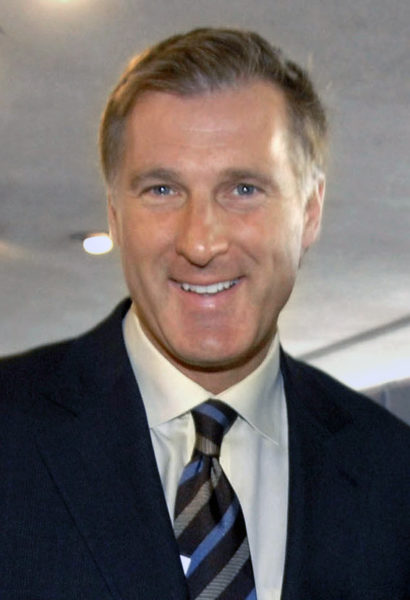Mark Steyn on the rather different and abrupt Australian method of defenestrating the sitting Prime Minister:
If you saw me on stage for our live show from the Manning Conference in Ottawa last year, you’ll know I was doing a lot of Canadian sesquicentennial gags that day: “It’s a hundred and fifty years since the Tory leadership race began…” and so forth. That was a very slight exaggeration, but it is a fact that the post-Harper Conservative Party decided to have a multi-year campaign to succeed him. In Australia, by contrast, a leadership race in the (supposedly) right-of-center Liberal Party lasts 150 seconds, if you’re lucky. They’re called “spills”, which is not a reference to the blood on the floor but is an Aussie coinage of at least three quarters of a century’s vintage for a suddenly called election: Like many of the Lucky Country’s contributions to the language, it’s very good, conveying the sense not of an ordered poll but of something more spasmodic, capricious and convulsive.
Don’t ask me why the two senior dominions of the Westminster system wound up with diametrically opposed systems of selecting their leaders.
Their chums in the UK Tories have much calmer contests in which all the alternative candidates self-destruct leaving Theresa May to inherit by default. The former Foreign Secretary, William Hague, has just said he doesn’t think increasing the party membership (I believe there are still seven nonagenarian paying subscribers) is the answer because a lot of beastly UKIP types might sign up and there goes the neighborhood. Given the results of these various contests, you might as well shuffle the winners and systems randomly between the three countries and see if you could do any worse.At any rate, on Friday the latest Canberra spillage broke out and kiboshed the PM, Malcolm Turnbull. Unlike the American three-month “peaceful transfer of power”, under which the Deep State has all the time in the world to set up its plans to subvert the incoming leader, in the Australian system the new bloke has twenty minutes to freshen up in the men’s room before he’s sworn in […]
Malcolm Turnbull is Australia’s most famous republican, so he’ll appreciate Oliver Cromwell’s famous words to the Rump Parliament in 1653:
You have sat too long for any good you have been doing lately. Depart, I say; and let us have done with you. In the name of God, go!
It’s remarkable how long it took Turnbull’s Rump to say as much to him. I wrote yesterday that, just as Tony Abbott had been toppled by Malcolm Turnbull, so Turnbull has now been toppled by Scott Morrison. And immediately a gazillion antipodean members of The Mark Steyn Club wrote to explain that no, no, Turnbull was toppled by Peter Dutton, the conservative who moved against him, but, before he could ascend the drive-thru throne, Dutton was himself toppled by Morrison, who was a so-called compromise candidate put up by frantic Turnbullites as they were being fitted for their lamppost ropes. So, if you’ll forgive the analogy, if Turnbull is Mrs Thatcher, Scott Morrison is the John Major put up to ward off Peter Dutton’s Michael Heseltine. My old pal Julie Bishop, meanwhile, after years of serving as loyal deputy to Malcolm Turnbull, Tony Abbott, Malcolm Turnbull (first time round), Brendan Nelson, Andrew Peacock, Malcolm Fraser, Sir William McMahon, Harold Holt, Sir Robert Menzies, etc, etc, finally ran for the leadership herself, and came a poor third: She had become the Black Widow of the Liberal Party – she mates, she kills – but this time it all went awry and she shot the venom into her own leg. It’s hard to remember that in some polls of 2015, when she agreed to support Turnbull’s overthrow of Abbott, she was more popular than either man. A mere three years on from what was supposed to be a swift cleansing knife in the back, the entire party is gangrenous and pustulating.






